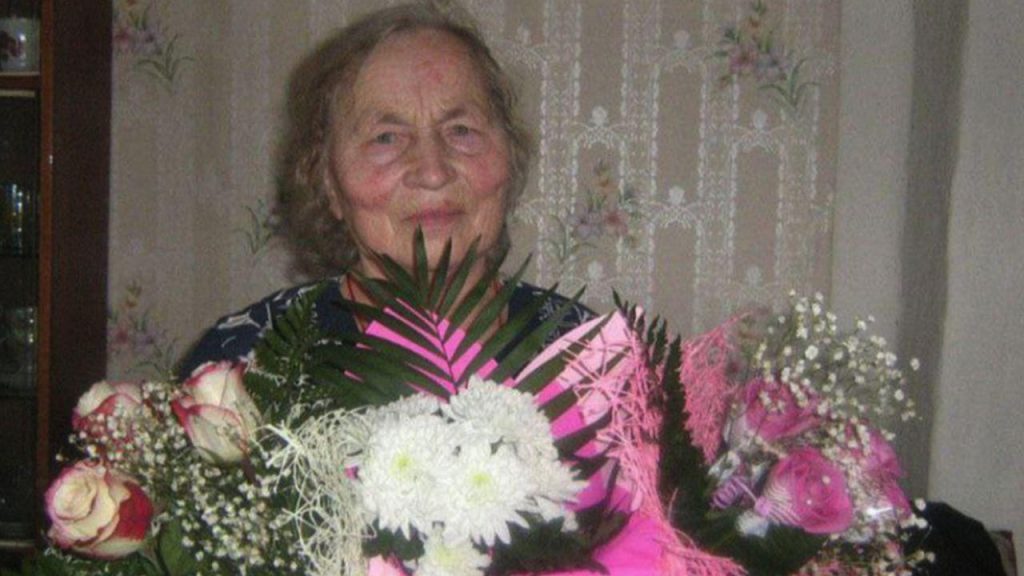Convicted Murderer Released Twice to Fight in Ukraine, Sparks Outrage
3 min read

A Russian murderer, previously freed from prison to join the war in Ukraine, has been released again to return to the front lines, according to the family of one of his victims. The case has raised significant concerns and anger among those affected.
Ivan Rossomakhin, who was serving a 14-year prison sentence for murder, was initially released in 2022 to fight for the Wagner mercenary group, a private military company. After his stint with Wagner, he was allowed to return to his home in Vyatskiye Polyany, Kirov Region. Unfortunately, Rossomakhin committed another heinous crime upon his return, killing 85-year-old Yulia Byuskikh in her home.
In April this year, Rossomakhin was convicted of Yulia’s rape and murder and sentenced to 22 years in a high-security prison, a sentence later extended to 23 years due to the extreme brutality of his crime. However, the family was shocked to learn from the prison governor that Rossomakhin was released once more on August 19, just a week after his sentence began.
Anna Pekareva, Yulia’s granddaughter, expressed her horror ,”I read the forensic reports and I know what this person did to my grandmother. It’s monstrous that he has been released again.” Pekareva criticized the system for failing to uphold justice, noting that such incidents are incomprehensible in the 21st century.
A document from the prison governor indicates Rossomakhin’s release was due to a Russian law permitting the military to recruit convicts for frontline combat. This marks the second time Rossomakhin has been let out to fight in Ukraine, following a pattern where convicted criminals are freed to join the conflict.
The practice began in earnest after the full-scale invasion of Ukraine, with Wagner mercenaries recruiting prisoners with promises of pardons from Russian President Vladimir Putin in exchange for military service. This initiative saw thousands of prisoners, including violent offenders like Rossomakhin, sent to the frontlines. Many of these recruits faced deadly combat, particularly in battles around Ukrainian cities such as Bakhmut.
Following a failed mutiny by Wagner founder Yevgeny Prigozhin last year, the Russian military took over the recruitment of prisoners. The procedure was formalized into federal law in March 2024, with intensified recruitment efforts. Under this law, criminals who enlist have their sentences suspended for the duration of their service and might even earn full pardons for valor on the battlefield.
The Russian Embassy in London has not commented on the practice of releasing dangerous criminals for military service. While Ukraine has also utilized prisoners for its military efforts, it excludes those convicted of serious crimes such as murder and sexual offenses. Ukrainian Deputy Justice Minister Olena Vysotska revealed that up to 3,000 prisoners have been enlisted, but their offenses are generally less severe.

As Russia’s military operations in Ukraine’s Donbas region continue, high casualty rates have prompted a surge in recruitment. The UK Ministry of Defence estimates that Russia has lost around 70,000 soldiers over two months, averaging 1,000 casualties per day. To address these losses, recruitment incentives have increased significantly, with some volunteers offered as much as 1.5 million roubles (£12,360).
The release of dangerous criminals like Rossomakhin underscores the Russian military’s urgent need for more personnel. Pekareva believes that the authorities’ actions reveal a disregard for civilian safety and a desperate need for manpower. “It’s obvious there isn’t enough manpower,” she stated. “The authorities don’t care about peaceful civilians if they allow serious criminals to be exonerated and let out of prison. It tells us that no one can feel safe in Russia.”
Pekareva fears for her family’s safety and plans to leave the country, with other relatives considering going into hiding. The situation has raised alarming questions about the extent of criminal involvement in the ongoing conflict and the potential threats posed by released convicts.